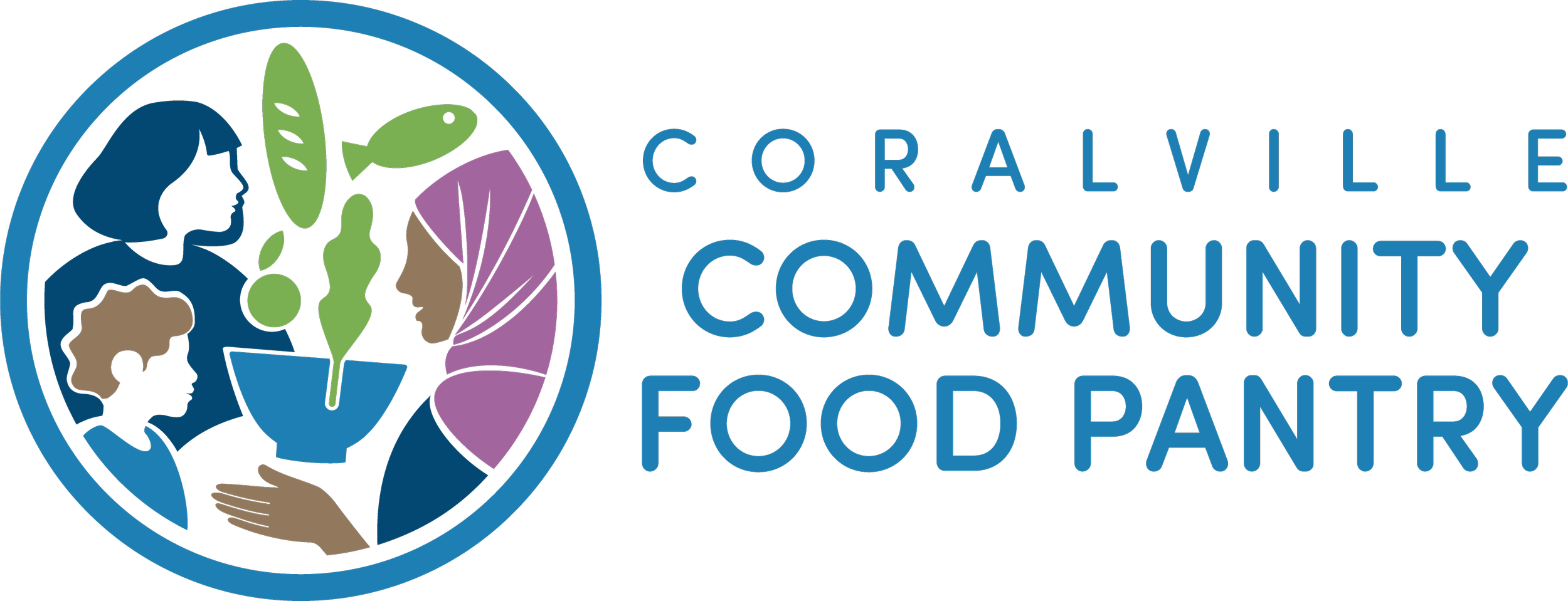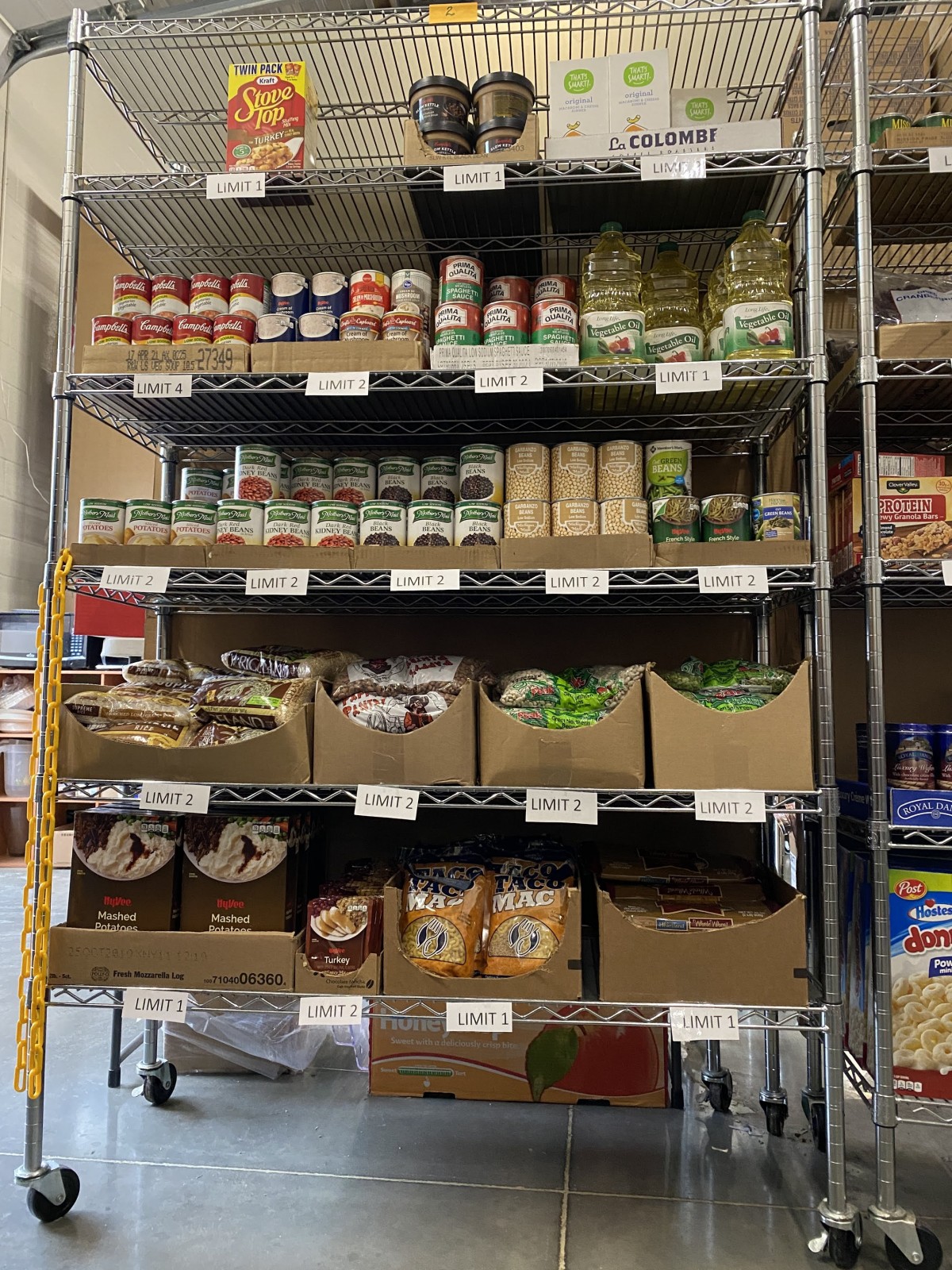Food Pantry Lockhart: Attending To Cravings One Meal at a Time
Food Pantry Lockhart: Attending To Cravings One Meal at a Time
Blog Article
Why Sustaining Your Local Food Pantry Is Important for Helping Those in Need
The significance of supporting local food pantries can not be overemphasized, especially in the context of food insecurity, which impacts an alarming variety of individuals and families within our areas. These crucial sources not just supply immediate remedy for cravings yet also add to broader social benefits, including improved wellness and academic end results. As we discover the diverse role of food pantries, it becomes evident that their influence expands far past simply distributing food (Food Pantry Lockhart). Understanding this much deeper link may prompt a reconsideration of just how we engage with and sustain these important establishments.
Comprehending Food Instability
Food instability impacts around 10.5% of households in the United States, showing a considerable public health and wellness concern that goes beyond mere appetite. It describes the absence of constant accessibility to enough food for an active, healthy and balanced life. This condition can lead to a variety of negative outcomes, including bad health, increased medical care expenses, and reduced scholastic efficiency amongst kids.
The reasons of food instability are multifaceted, often coming from economic variables such as unemployment, poverty, and underemployment. Geographic place can additionally play a crucial function, with food deserts-- locations with minimal accessibility to healthy and inexpensive food-- aggravating the problem - Food Pantry Lockhart. Furthermore, systemic factors, including social and racial injustices, add to the disproportionate influence of food instability on marginalized areas
Attending to food insecurity is not merely about enhancing food supply; it requires an extensive strategy that incorporates economic security, education, and area support. Food instability not only affects private well-being yet additionally has wider ramifications for social health and wellness and productivity. Understanding its complexity is vital for establishing reliable interventions and promoting lasting solutions that make sure all individuals have reliable access to nutritious food.
The Role of Food Pantries
Regional food cupboards function as critical lifelines for households and people facing food insecurity. They offer crucial food products to those who might struggle to afford adequate nutrition because of economic hardship, unemployment, or unanticipated situations. By distributing food at no charge, these organizations aid ease hunger and prevent the adverse health impacts linked with inadequate diet plans.
Food cupboards usually partner with local farms, supermarket, and community organizations to source a selection of healthy food items, consisting of fresh fruit and vegetables, milk, and proteins. This cooperation makes sure that cupboard customers get not only food yet also much healthier options that add to general health.
In addition, food pantries function as area hubs, promoting links among residents and giving a feeling of self-respect to those in demand. Numerous kitchens offer extra resources, such as nourishment education and referrals to social solutions, assisting customers navigate their challenges extra properly.
Fundamentally, food cupboards play a multifaceted function in combating food insecurity. They not only address instant appetite however also encourage people and families to improve their situations, therefore promoting neighborhood durability and communication.

Benefits of Supporting Food Pantries

Sustaining food kitchens not just nurtures those in demand yet also reinforces the material of the community. By providing necessary food resources, food pantries ease cravings and reduce food insecurity, which is critical for the health and wellness and wellness of people and family members. Access to nourishing food contributes to enhanced physical health, far better academic results for youngsters, and boosted mental health and wellness, thus cultivating a more productive and involved neighborhood.
In addition, sustaining food pantries advertises social cohesion. These organizations work as centers for area interaction, uniting volunteers, donors, and recipients in a shared goal to deal with cravings. This partnership can break down barriers, foster understanding, and build connections among diverse community participants.
Additionally, contributions to food kitchens, whether in the kind of food, funds, or time, promote the neighborhood economic situation. Many food pantries focus on sourcing from neighborhood manufacturers, thus sustaining local agriculture and organizations. This develops a cycle of assistance that benefits not only those in demand however the neighborhood as a whole.
How to Get Included
Interaction with food kitchens can take lots of forms, allowing individuals and groups to make a purposeful impact in their neighborhoods. One of one of the most straight ways to get involved is by donating food products. Non-perishable items such as canned products, pasta, and rice are constantly popular. Monetary contributions are additionally invaluable, as they make it possible for food cupboards to purchase fresh produce and essential supplies.
Volunteering your time is an additional impactful way to support local food pantries (Food Pantry Lockhart). In enhancement, take into consideration organizing food drives within your college, area, or work environment team to elevate understanding and gather sources.
Collaborations with regional companies can better boost assistance for food pantries. By taking these groups, people and actions can considerably strengthen the initiatives of neighborhood food cupboards and assist those in need.
Community Impact and Connection
Acknowledging the profound impact of food kitchens on area health is crucial for cultivating a spirit of connection and cooperation. Full Report Food cupboards offer not only as crucial sources for those facing food insecurity however also as hubs for neighborhood involvement. They bring with each other varied groups-- contributors, clients, and volunteers-- creating a setting where people can link and support one another.
The impact of food pantries prolongs beyond plain arrangement of food; they function as a driver for social communication. By joining wikipedia reference kitchen campaigns, area members can create partnerships that go beyond socioeconomic barriers. This network of support assists to take down the stigma usually connected with food aid, fostering an environment of acceptance and understanding.
In addition, food kitchens frequently work together with neighborhood organizations, colleges, and services, amplifying their reach and performance. These collaborations enhance area durability and urge a cumulative feedback to food instability. As individuals join in their initiatives to support neighborhood food kitchens, they grow a sense of shared objective and responsibility, reinforcing the idea that every person has a function to play in guaranteeing that no one goes hungry. Eventually, supporting food pantries enhances the material of the area as a whole.
Conclusion
Sustaining local food pantries is crucial in combating food insecurity and enhancing the health of prone populations. By ensuring access to healthy food, these companies add to boosted health and wellness end results, academic performance, and psychological health and wellness. Interaction with food pantries fosters area links, advertising social communication and equity. Ultimately, the cumulative initiative to bolster these vital resources plays a substantial duty in constructing a much healthier, much more resistant culture where all individuals have the chance to thrive.

Report this page